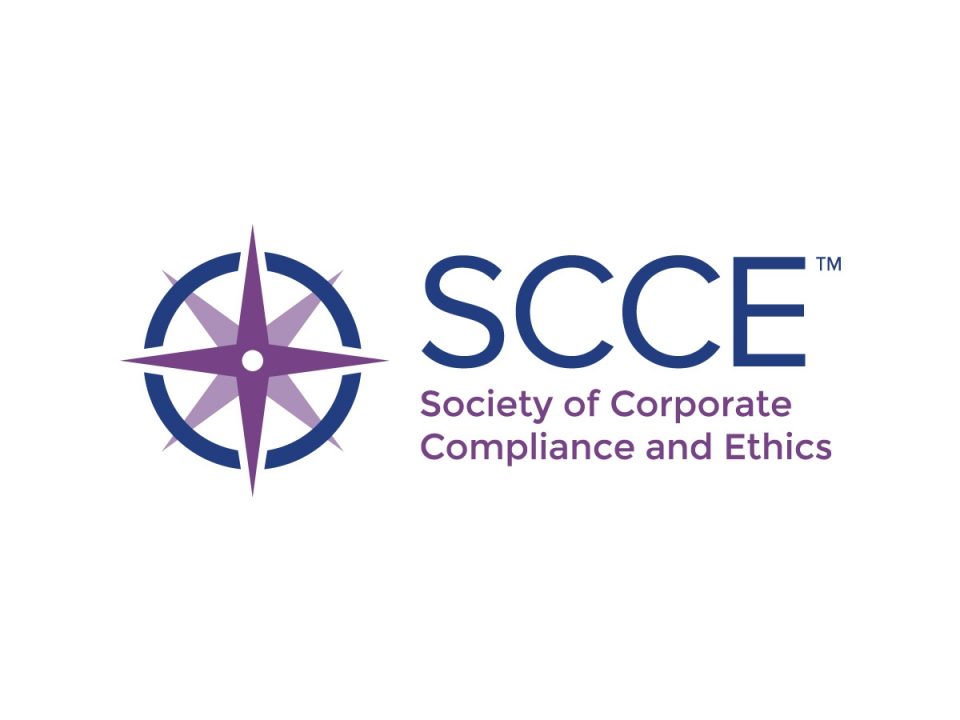As the deadline for companies to submit data to the European Union’s Substances of Concern In articles, as such or in complex objects (Products) (SCIP) database[1] approaches, executives that are yet to take action should ask themselves how they are able to ensure EU market access and maintain their direct and indirect revenue-generating processes.
“The process for submitting information into the SCIP database begins Oct. 28, 2020, and companies must have submitted relevant data by Jan. 5, 2021. Only an EU-based entity registered through the SCIP software may submit data,”[2] which means many North America-based companies will have to rely on their distributors and EU importers or seek out a third-party service provider.
James Calder, vice president of compliance and regulatory programs at Assent Compliance Inc., questions whether companies that leave the process up to importers are aware that, by placing the data submission requirements in someone else’s hands, they have put all their EU market revenue at risk. Non-EU businesses that sell in the EU must not just learn what the technical data requirements are for submissions into the SCIP database but must also be able to assign global business responsibilities to ensure continued market access. That will most definitely include due diligence into supply chains to gain the transparency needed for accurate data submissions. Assent has put together a template that can help navigate the process.[3]
For example, a manufacturer in New Jersey that sells to a distributor in New York may not be in scope, but the distributor and its EU partners may be. If the New Jersey company cannot pull together the data or fails to provide the data to the people who need to see it, then that downstream revenue could be cut off. Even worse, the manufacturer may be using components that contain Substances of Very High Concern (SVHC),[4] and if those are not caught in time, everyone involved could face fines and loss of market access.
“Companies should start looking at their business, and not just the law,” Calder said.
Little compassion for noncompliance
The EU is very serious about creating a union-wide circular economy.[5] It is one of the pillars of a strategy to create a self-sufficient union and a toxin-free environment.
These goals generated a need for a database for products entering the EU in order to protect waste operators—and consumers—from toxic materials. The COVID-19 pandemic is actually reinforcing these strategies, because companies no longer feel comfortable relying on global supply chains for critical raw materials. The EU has instead put forward the plan to recover those materials, and the SCIP database is central to that plan.
This database is not just a pro forma exercise in bureaucratic paper shuffling—it is the central node in a long-term strategy. Not only are the database and its compliance burdens here to stay, but given how toxic chemicals have been added to the candidate list of SVHCs in the past,[6] companies can expect the number of SVHCs that must be reported to increase every 6-8 months.
And Brexit will also have an impact: The United Kingdom will be putting together their own Registration, Evaluation, Authorisation and Restriction of Chemicals (REACH) requirements,[7] which have yet to be released in detail but will most likely have different requirements than EU REACH.
As if that wasn’t enough, the European Chemicals Agency’s Forum for Exchange of Information on Enforcement conducted a study[8] last year to determine how many companies were in fact compliant with REACH requirements and found that more than 80% were noncompliant. This information, plus the addition of a market surveillance regulation passed in June 2019, EU2019/1020,[9] will dramatically beef up member states’ enforcement capabilities and their willingness to use those capabilities.
Supply chain transparency
Since 2000, the value of goods traded globally has reached more than USD 10 trillion annually.[10] That is possible due to stretched out value chains and outsourcing. Those value chains—just another way of saying supply chains that seek out the highest profit margins—are a source of great risk.
The biggest risk comes from companies that have low to zero visibility into their supply chains— companies that do business day in and day out, relying upon partners and vendors and third parties to “do what’s right” and make sure the revenue flows. The EU is trying to change that paradigm by:
-
Creating a circular economy that shortens supply chains as much as possible.
-
Creating a green economy that uses Big Data to continuously put pressure on companies to improve supply chain transparency and responsibility.
If this year has taught companies anything, it is that relying on outsourcing and conducting business as usual are very risky, very fragile, and not sustainable tactics. With the onset of “Industry 4.0”[11] and all of the data crunching that entails, there is little excuse for not knowing what is going on in your supply chain, what impact your business has, and how your actions can affect up- and downstream actors.
The first step toward mitigating risk and meeting SCIP requirements is gaining supply chain transparency through due diligence (i.e., investigations, discussions, audits, and collaborative action across the supply chain).
Contact Calder at [email protected].
Takeaways
-
Companies must consider their own business lines when considering how to comply with SCIP requirements, as opposed to just focusing on the wording of the law itself.
-
EU enforcement of SCIP requirements promises to be vigorous and enduring; companies must be able to achieve higher levels of supply-chain transparency in order to maintain revenue-generating processes.


